Embarking on the journey to bring a feathered friend into your home is an exciting endeavor, but with so many delightful species to choose from, it can be a bit overwhelming.
This comprehensive guide is designed to be your compass in navigating the vibrant realm of pet birds.
Whether you’re captivated by the melodious songs of canaries, charmed by the playful antics of budgies, or drawn to the regal beauty of parrots, we’re here to help you make an informed decision with our guide ‘choosing your first bird – pet birds buying guide’.
From understanding the diverse personalities and care requirements of different species to creating a nurturing environment for your new avian friend, this guide is your go-to resource for a harmonious and fulfilling relationship.
Let’s embark on this delightful journey together, discovering the joys and responsibilities that come with choosing the perfect pet bird for you.
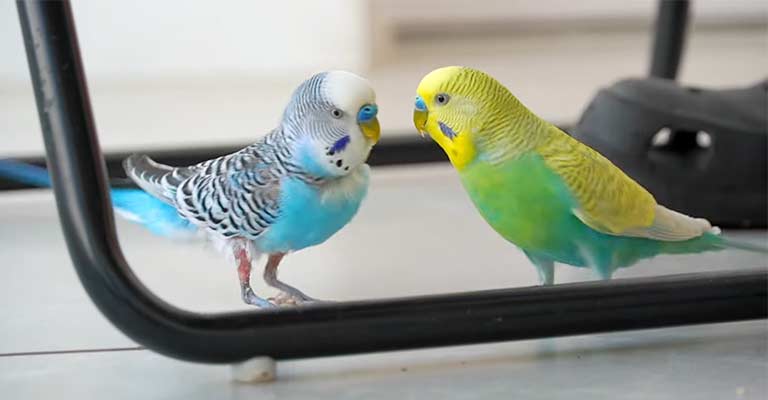
Choosing Your First Bird – Pet Birds Buying Guide
With the wide variety of pet bird species available, selecting the right one for you can be a daunting task. This comprehensive guide aims to simplify the process, providing you with valuable insights into the characteristics, care requirements, and considerations for choosing your first pet bird.
Understanding Bird Species
Bird enthusiasts often find joy in the diverse personalities and care requirements of various avian companions. Here’s a brief look at different bird species and what it takes to keep them happy:
Canaries
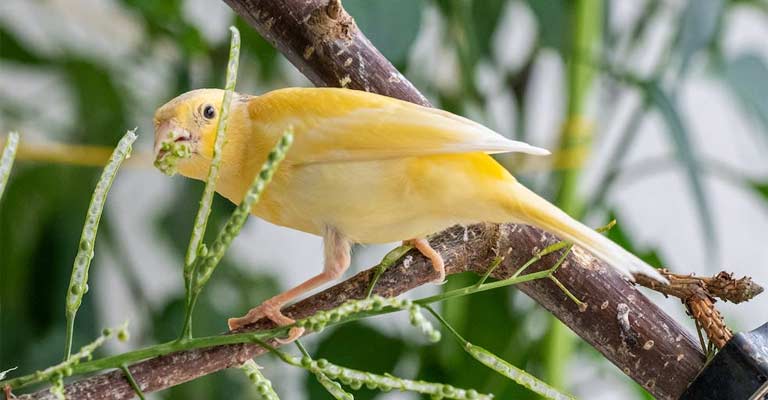
Known for their melodious songs, canaries are charming and relatively low-maintenance. Their cheerful tunes bring a delightful ambiance to any space.
Provide a spacious cage, a balanced diet, and regular interaction to keep them happy. Canaries thrive when they have room to flutter and explore.
Budgies (Parakeets)
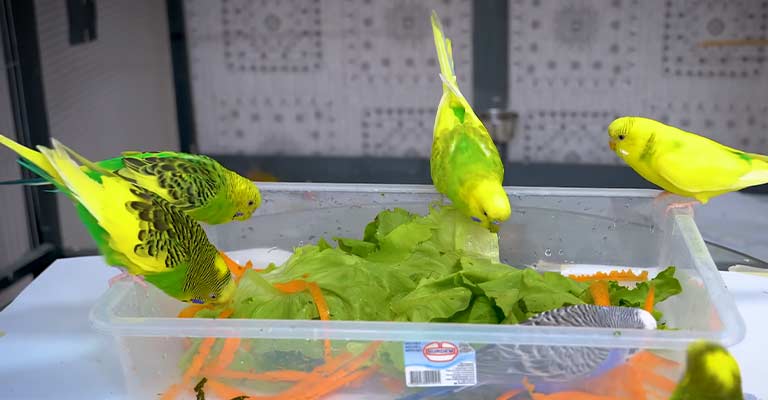
Playful and social, budgies are great for beginners and thrive on interaction. Their vibrant plumage and active behavior make them delightful companions.
Offer a variety of toys, a proper diet, and daily socialization to keep them mentally stimulated. Budgies enjoy toys that challenge their intelligence.
Cockatiels
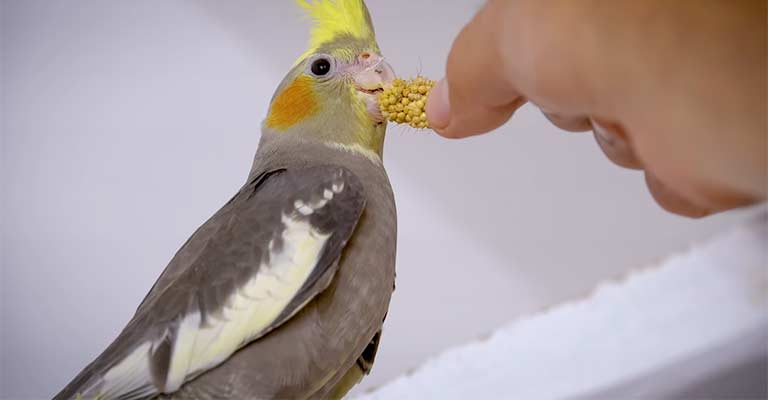
Gentle and affectionate, cockatiels form strong bonds with their owners. These charming birds are known for their crest displays and gentle nature.
Provide a larger cage, a diverse diet, and regular out-of-cage time for socialization. Cockatiels appreciate a mix of seeds, fruits, and vegetables in their diet.
Lovebirds
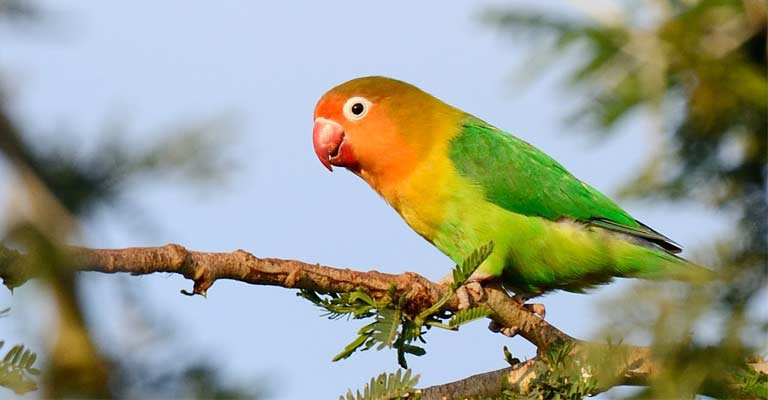
Lovebirds are known for their strong pair bonds and affectionate nature. Their tendency to form deep connections with a mate or human makes them loyal companions.
Encourage socialization and provide toys for mental stimulation. Regular grooming is essential to keep their plumage in top condition.
Parrots
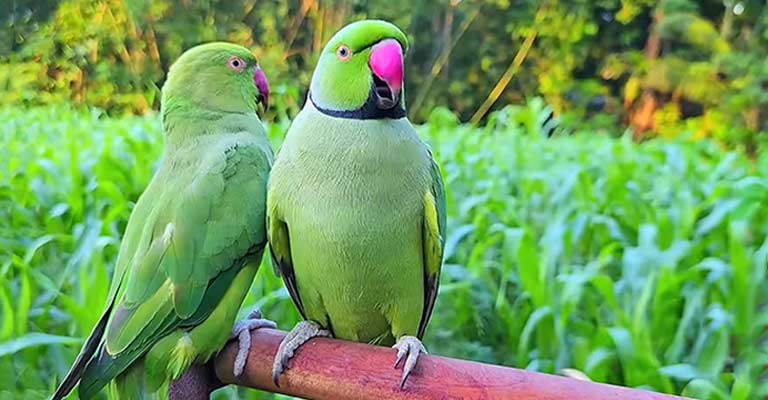
Intelligent and talkative, parrots require dedicated care and interaction. Their ability to mimic speech and solve problems showcases their high level of intelligence.
A spacious cage, a varied diet, and regular mental stimulation are crucial for their well-being. Parrots thrive when provided with puzzles and challenges to engage their cognitive abilities.
Finches
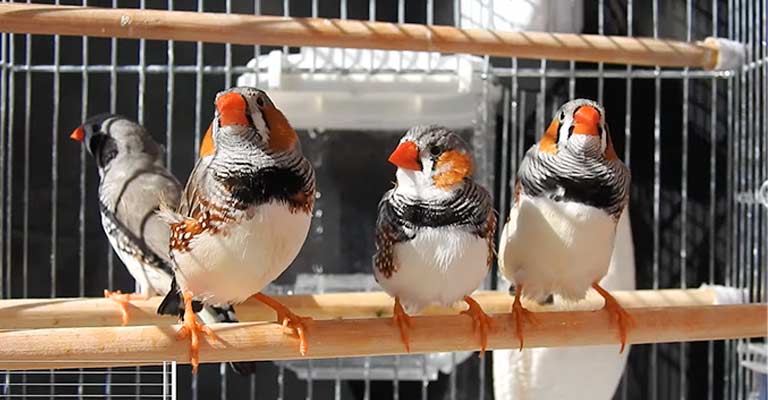
Finches are social and enjoy the company of their kind. They are known for their lively chirps and acrobatic flight patterns.
Provide a spacious aviary, a balanced diet rich in seeds, and companionship. Finches thrive in flocks, so consider keeping more than one.
Cockatoos
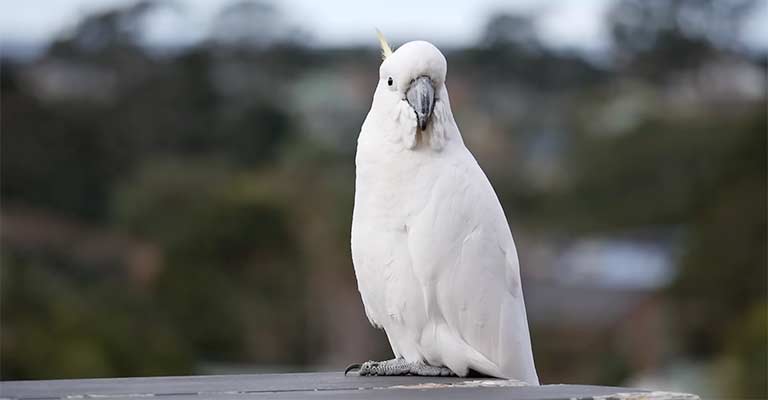
Cockatoos are highly social and affectionate birds that form strong bonds with their owners. They are known for their playful antics and expressive crests.
Cockatoos need a large and sturdy cage, a varied diet with fruits and nuts, and plenty of social interaction. Regular feather care is essential.
African Grey Parrots
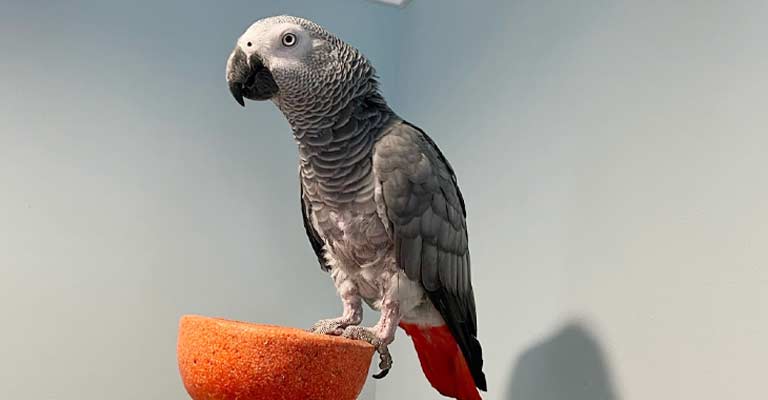
African Grey Parrots are renowned for their exceptional intelligence and ability to mimic human speech with remarkable accuracy.
Provide a mentally stimulating environment, a balanced diet with a mix of pellets and fresh foods, and regular interaction to prevent boredom. African Greys thrive on mental challenges.
Considerations for Choosing Your Pet Bird
Bringing a feathered friend into your home can be a delightful experience, but it’s crucial to consider various factors to ensure a harmonious relationship between you and your avian companion.
Lifestyle Compatibility
Consider your daily routine and available time for interaction. Some birds, like parrots, require more time and commitment. Assess whether your lifestyle allows for the social interaction and mental stimulation that certain bird species need.
Space and Cage Requirements
Ensure you have enough space for the chosen bird’s cage and provide an environment that promotes physical activity and mental stimulation. Larger birds, such as cockatoos, may need substantial space to stretch their wings and explore.
Noise Tolerance
Different bird species have varying noise levels. Consider your tolerance for vocalizations and choose a bird that fits your lifestyle. For example, if you live in an apartment, a quieter bird like a canary might be a more suitable choice than a loud macaw.
Budget for Care
Factor in the costs of food, toys, veterinary care, and other supplies when planning to bring a pet bird into your home. Larger birds often require more substantial food portions and durable toys, impacting your overall budget.
Long-Term Commitment
Birds, especially parrots, can have long lifespans. Be prepared for a commitment that could extend for several decades. Consider the long-term implications of caring for a bird and ensure you’re ready for the responsibilities that come with their extended life expectancy.
Choosing the right pet bird involves thoughtful consideration of your lifestyle, living space, tolerance for noise, financial commitment, and readiness for a long-term relationship. Taking these factors into account ensures a happy and healthy life for both you and your feathered friend.
Creating a Bird-Friendly Environment
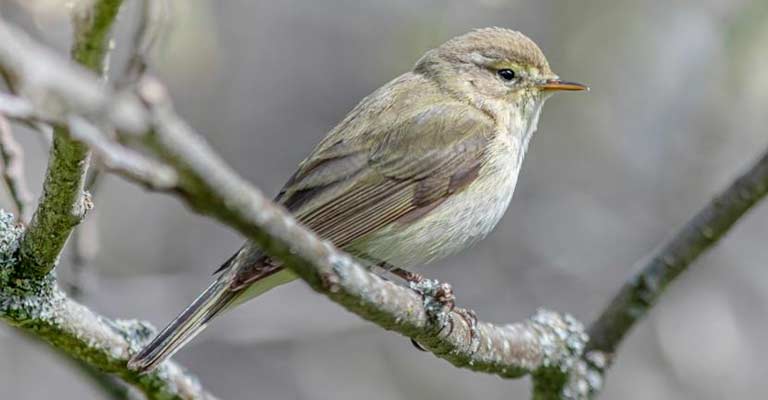
Ensuring a bird-friendly environment is essential for the well-being and happiness of your feathered companion. Here are considerations to enhance your bird’s living space:
Cage Placement
Locate the cage in a social area, away from drafts and direct sunlight. Birds enjoy being part of family activities. Placing the cage in a central, well-trafficked area promotes social interaction and prevents isolation.
Nutritious Diet
Provide a well-balanced diet with a mix of pellets, fresh fruits, and vegetables. Avoid feeding birds foods that are toxic to them. Research the dietary needs of your specific bird species to ensure they receive the essential nutrients for optimal health.
Mental Stimulation
Rotate toys regularly to keep your bird mentally engaged. Puzzle feeders and foraging activities are excellent for mental stimulation.
Birds, especially intelligent species like parrots, thrive on activities that challenge their minds, preventing boredom and behavioral issues.
Regular Veterinary Check-ups
Schedule annual check-ups with an avian veterinarian to ensure your bird’s health and catch any potential issues early.
Regular veterinary care is crucial for preventing and addressing health concerns. Early detection can significantly improve the chances of successful treatment.
Socialization
Spend quality time with your bird daily. Socialization is crucial for building trust and strengthening the bond between you and your feathered friend.
Birds are social creatures that benefit from positive interactions, whether through talking, gentle handling, or playtime.
Establishing a routine of daily socialization contributes to a happy and well-adjusted bird.
Creating a bird-friendly environment goes beyond the physical space; it involves providing a nutritious diet, mental stimulation, regular veterinary care, and meaningful social interactions.
These elements contribute to a healthy and fulfilling life for your feathered companion.
Perches, Branches, and Climbing Structures
Provide a variety of perches, branches, and climbing structures to encourage physical activity and prevent muscle atrophy.
Different textures and sizes simulate the varied surfaces birds encounter in the wild, promoting healthy feet and leg muscles. Opt for natural materials to create a more stimulating and comfortable environment.
Bathing Opportunities
Offer regular bathing opportunities for your bird, either through a shallow dish or a spray mist. Proper hygiene is essential for feather health, and many birds enjoy the water, contributing to their overall contentment.
Bathing also aids in the removal of dust and debris from feathers, ensuring they remain clean and in optimal condition.
Safe Outdoor Exposure
If possible, provide safe outdoor exposure for your bird in a secured aviary or harness. This allows them to experience natural sunlight, fresh air, and different stimuli, promoting a well-rounded and enriched life.
Outdoor exposure offers opportunities for natural behaviors like sunbathing and exploring, which are vital for mental and physical health. Ensure the outdoor area is secure to prevent escapes or exposure to potential hazards.
FAQs
What should I consider before choosing a pet bird?
Before choosing a pet bird, consider factors such as your lifestyle, available time for interaction, noise tolerance, space for a cage, and long-term commitment. Different bird species have varying care requirements, so it’s essential to choose a bird that aligns with your preferences and capabilities.
How do I create a bird-friendly environment at home?
To create a bird-friendly environment, place the cage in a social area, provide a balanced and nutritious diet, offer mental stimulation through toys and activities, schedule regular veterinary check-ups, and dedicate daily time for socialization.
What are some common mistakes to avoid when caring for a pet bird?
Avoid common mistakes by ensuring your bird’s cage is appropriately sized, providing a varied and nutritious diet, avoiding toxic foods, offering mental stimulation through toys, and scheduling regular veterinary check-ups.
How can I train my pet bird and build a strong bond?
Training and building a strong bond with your pet bird require patience and positive reinforcement. Start with basic commands, use treats as rewards, and establish a consistent routine. Spend quality time with your bird, talk to them regularly, and be attentive to their cues.
What should I do if my pet bird shows signs of illness?
If your pet bird exhibits signs of illness, such as changes in behavior, eating habits, or appearance, it’s crucial to consult an avian veterinarian promptly. Delaying medical attention can worsen the condition. Regular veterinary check-ups will help you identify potential health issues.
Conclusion
As you embark on the adventure of selecting your first pet bird, remember that each avian companion is a unique and delightful addition to your life.
By considering factors such as species characteristics and your lifestyle, you’re laying the foundation for a harmonious relationship.
Be prepared to invest time and effort into understanding and meeting your feathered friend’s needs, fostering a bond that will bring joy and companionship for years to come.
In the world of pet birds, patience is key. Building trust and creating a loving environment takes time, but the rewards are immeasurable.
Regular veterinary care, a balanced diet, and mental stimulation are crucial components of responsible bird ownership.
So, whether you’ve chosen the cheerful chirps of a canary, the vibrant personality of a parakeet, or the intelligent companionship of a parrot, your journey into avian companionship promises a world of joy, learning, and shared moments.